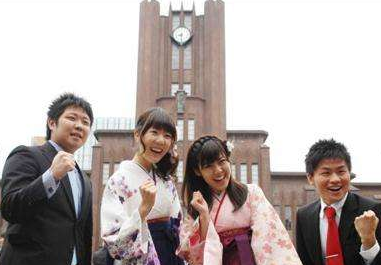Japan has decided to tighten its entrance requirements for overseas students from five countries including China and Vietnam from mid-March, as part of its efforts to prevent illegal immigration.
日本政府已经决定从本月中旬起,加强对包括中国和越南在内的5个国家的留学生的入境要求,以此作为日本阻止非法移民的一项举措。
However, the move has been strongly criticized by local language schools as they claim the "standard" to select the counties is biased and unfair.
然而,此举遭到了日本当地语言学校的强烈批评,他们声称选择国家的这一“标准”有偏见、不公平。
According to Japanese newspaper Nishinippon Shimbun, Japan's Immigration Bureau notified nearly half of the country's Japanese language schools in February to adopt stricter policies for overseas students from five countries, namely, China, Vietnam, Nepal, Myanmar, and Sri Lanka.
据日本媒体《西日本新闻》报道,日本移民局于今年2月份通知了日本近一半的语言学校,将对来自中国、越南、尼泊尔、缅甸和斯里兰卡等五个国家的留学生实行更严格的政策。

These schools are required to ask students to present assets certificates including their bank card records and copies of deposit books at the time of application. Otherwise, they are not allowed to enter Japan.
这些学校被要求在学生提交申请时,必须让其出示包括银行卡记录和存折复印件等资产证明。否则他们将不能进入日本。
"Most overseas students in Japan come from the five countries and there is an increase in illegal immigration, and previous reports suggested that some overseas students work in Japan illegally," the newspaper quoted an official from the bureau as saying.
《西日本新闻》援引移民局一名官员的话称:“日本大多数留学生都来自这5个国家,而且非法移民的数量正在增加,之前也有报告称留学生在日本非法打工。”
The bureau stressed that the change is part of a policy rather than punishment.
日本移民局表示,这一改变是政策的一部分,而不是惩罚。
However, statistics from the bureau showed most of the illegal immigrants in Japan in 2015 were South Koreans, reaching 13,000. The newspaper said that the Japanese public is questioning why these countries are chosen for the tighter entry requirement.
然而据该移民局的统计数据显示,2015年日本大多数非法移民都是韩国人,有接近13000人。据该报道称,日本民众正在质疑为什么偏偏是以上这些国家被加强入境要求。












